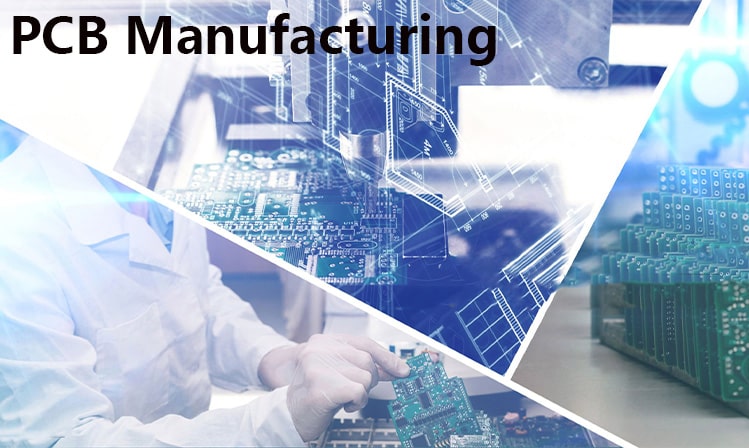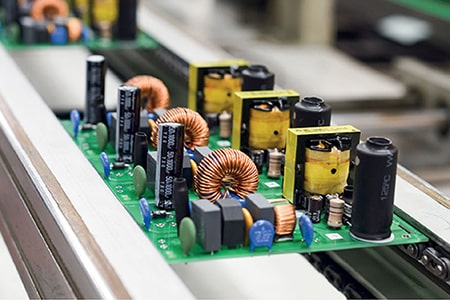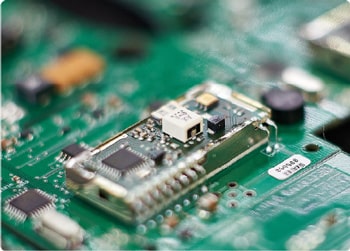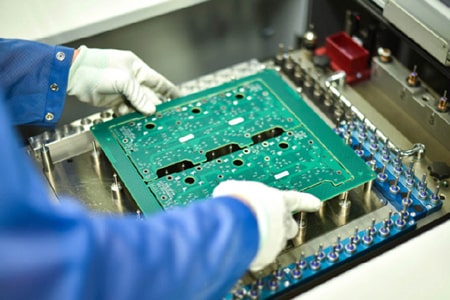The Future of PCB Manufacturing: Innovations Driving the Electronics Industry
Printed Circuit Boards (PCBs) are the backbone of modern electronics, enabling the functionality of everything from consumer gadgets to industrial automation systems. As the demand for smarter, faster, and more compact devices grows, the PCB industry continues to evolve with cutting-edge technologies. In this article, we explore the latest trends and innovations shaping the future of PCB manufacturing.
High-Density Interconnect (HDI) PCBs: Meeting Miniaturization Demands
With the rise of IoT, wearables, and 5G devices, the need for compact yet high-performance PCBs has never been greater. HDI technology allows for finer traces, smaller vias, and increased layer density, enabling manufacturers to produce smaller boards without compromising functionality. Advanced laser drilling and sequential lamination techniques further enhance signal integrity, making HDI PCBs ideal for high-frequency applications.

Flexible and Rigid-Flex PCBs: Enabling Next-Gen Designs
Flexible PCBs are revolutionizing product design by offering unmatched adaptability in space-constrained applications. From medical implants to foldable smartphones, these boards provide durability, lightweight properties, and resistance to vibration. Rigid-flex PCBs combine the best of both worlds—offering structural stability where needed while maintaining flexibility in dynamic environments.
Advanced Materials for High-Frequency Applications
As 5G, automotive radar, and aerospace systems push the limits of signal speed, traditional FR-4 materials are being supplemented with high-frequency laminates like Rogers, PTFE, and ceramic-filled substrates. These materials ensure low dielectric loss, superior thermal management, and stable performance in extreme conditions.
Automation and Industry 4.0 in PCB Manufacturing
Smart factories are transforming PCB production through AI-driven inspection, automated optical testing (AOI), and real-time process monitoring. Machine learning algorithms detect defects with higher accuracy, reducing waste and improving yield. Additionally, digital twin technology allows manufacturers to simulate and optimize production before physical assembly.
Sustainability in PCB Manufacturing
Environmental responsibility is a growing priority. Lead-free soldering, halogen-free substrates, and recycling programs for e-waste are becoming industry standards. Manufacturers are also adopting energy-efficient processes and reducing chemical usage to meet global environmental regulations.
The PCB industry is at the forefront of technological advancement, driven by the demands for higher performance, miniaturization, and sustainability. By embracing innovations such as HDI, flexible circuits, advanced materials, and smart manufacturing, PCB producers can stay competitive in a rapidly evolving market.
At PCBAMake, we are committed to delivering high-quality, cutting-edge PCB solutions tailored to your needs. Whether you're developing next-gen consumer electronics or mission-critical industrial systems, our expertise ensures reliability and innovation at every stage.
Contact PCBAMake to learn how we can support your next PCB project!







